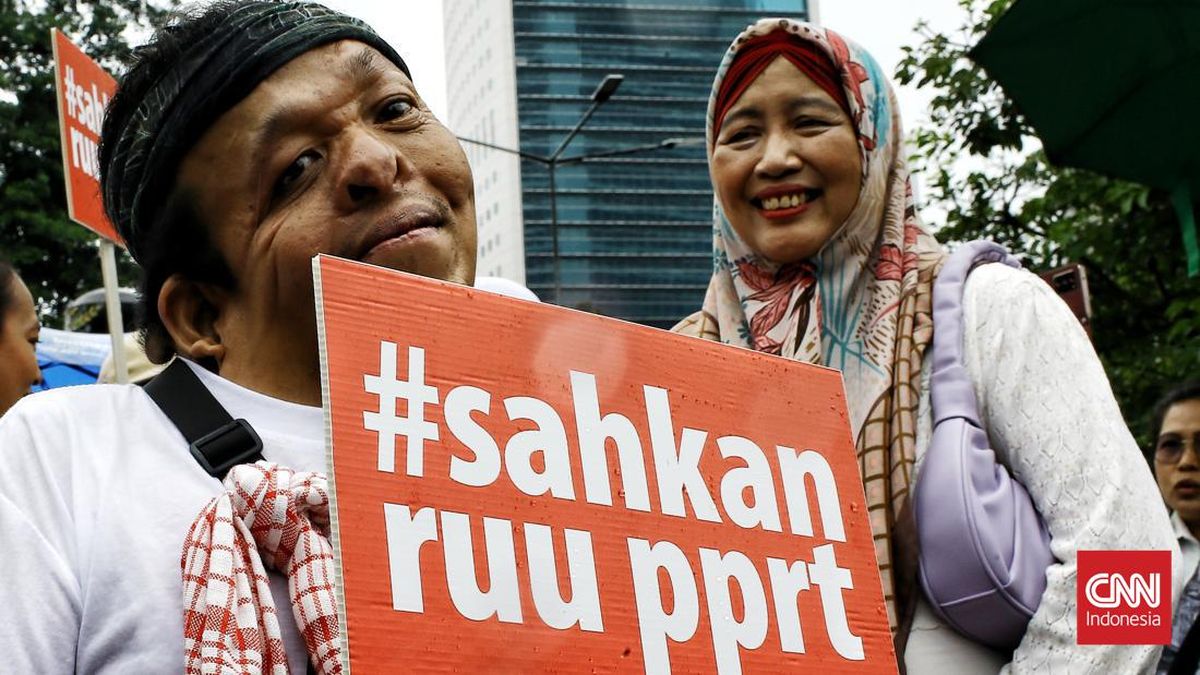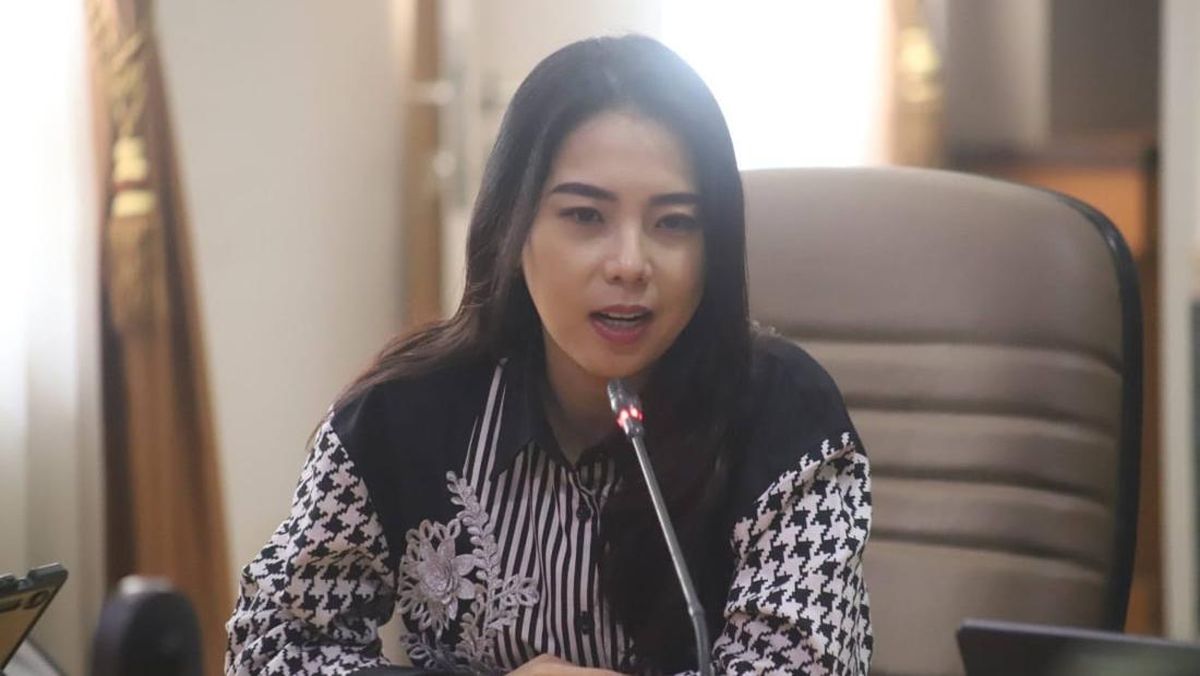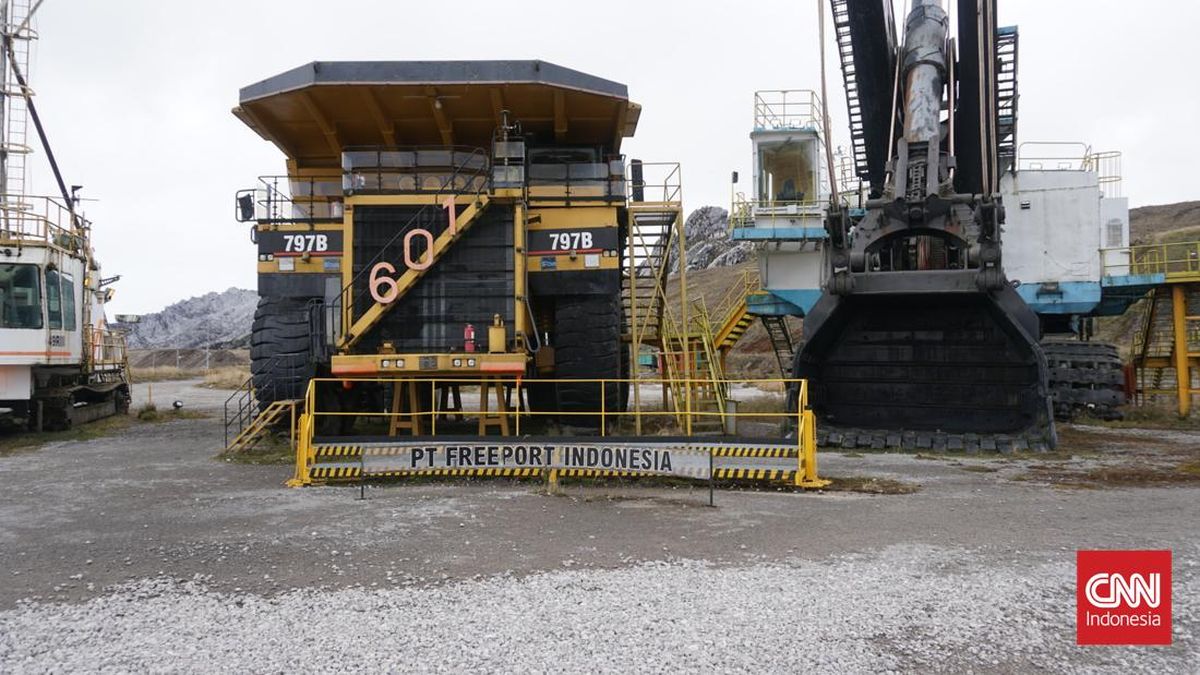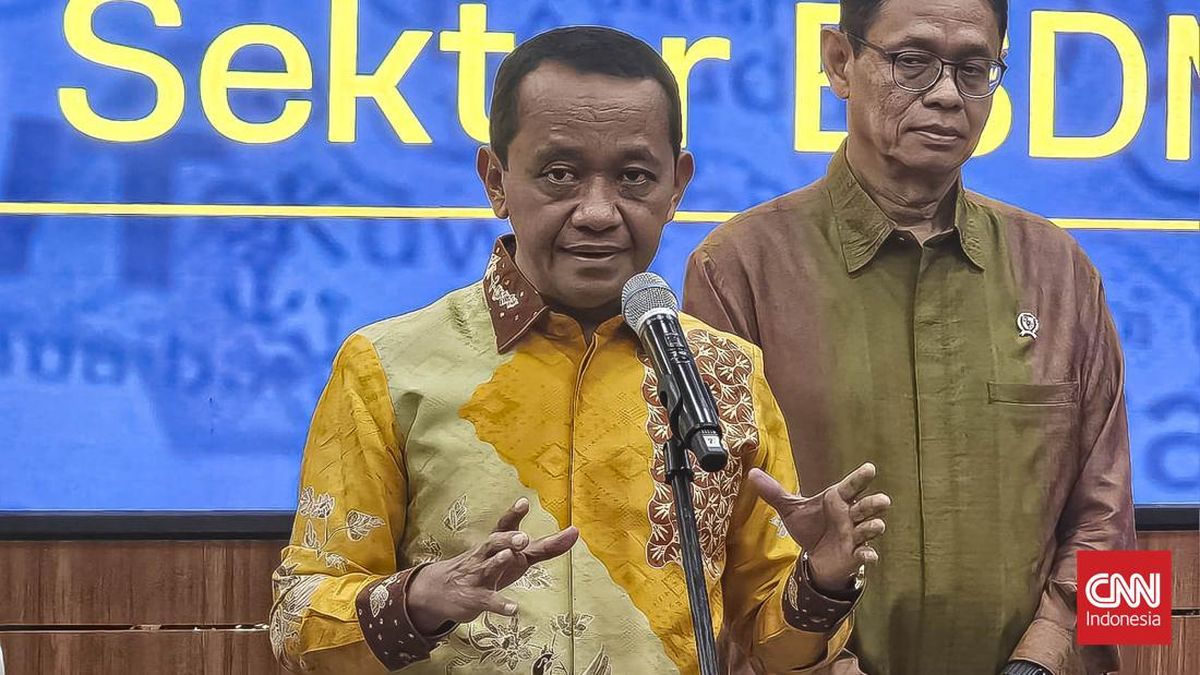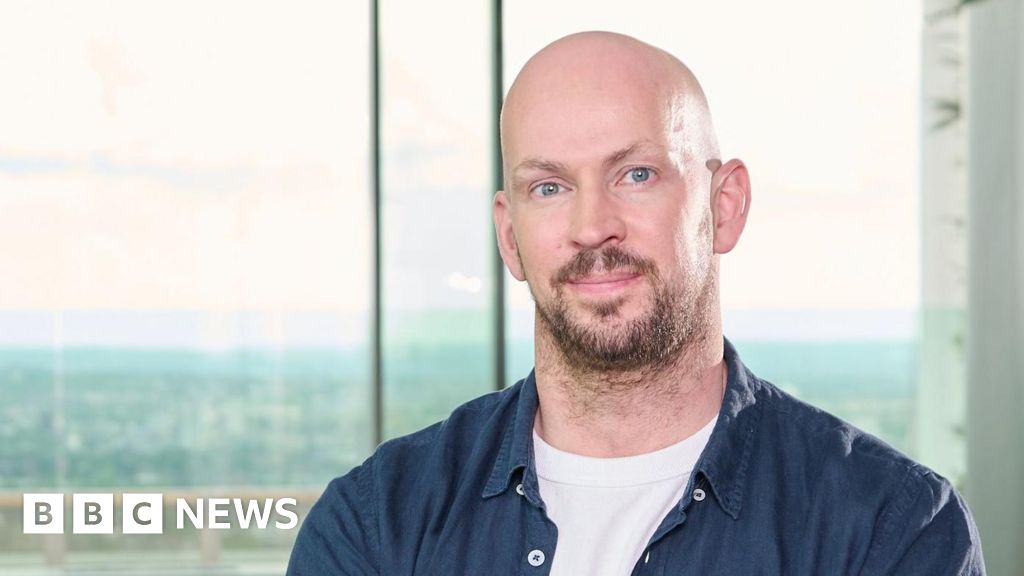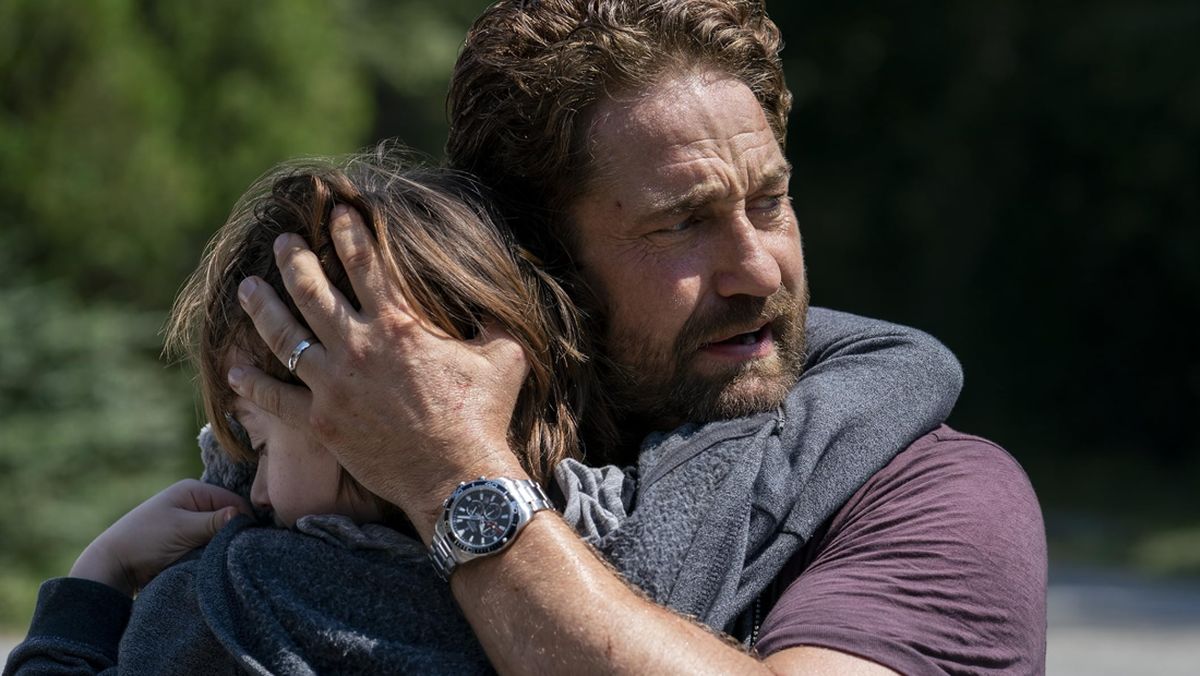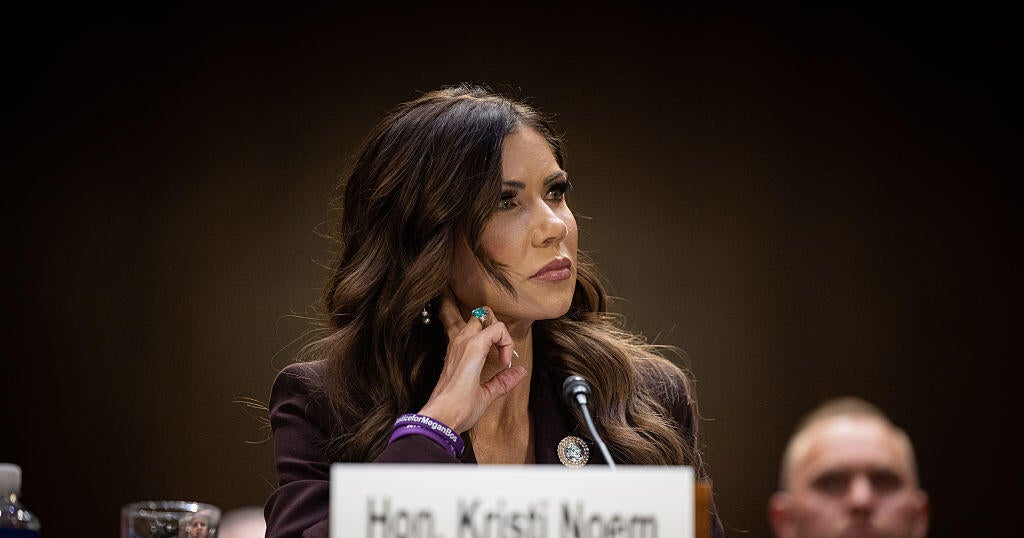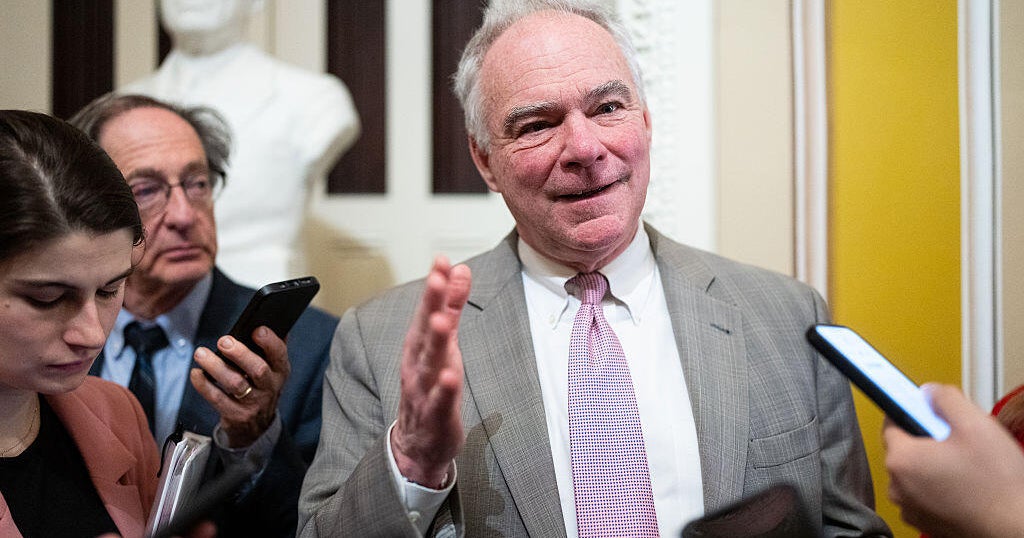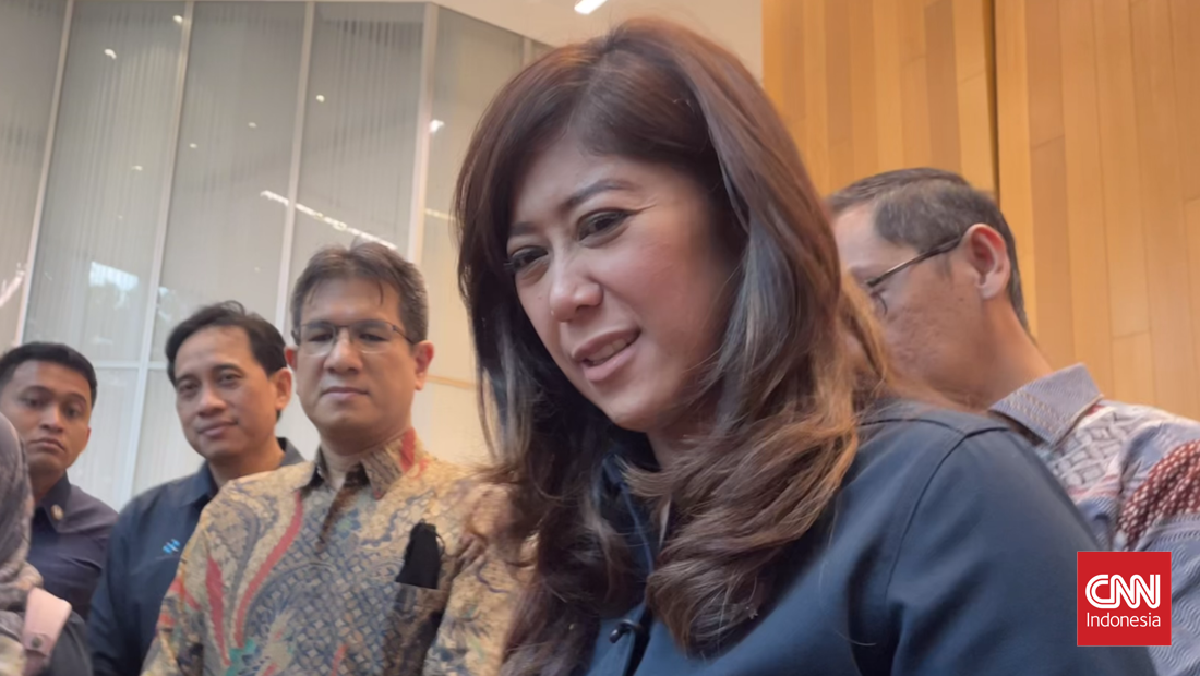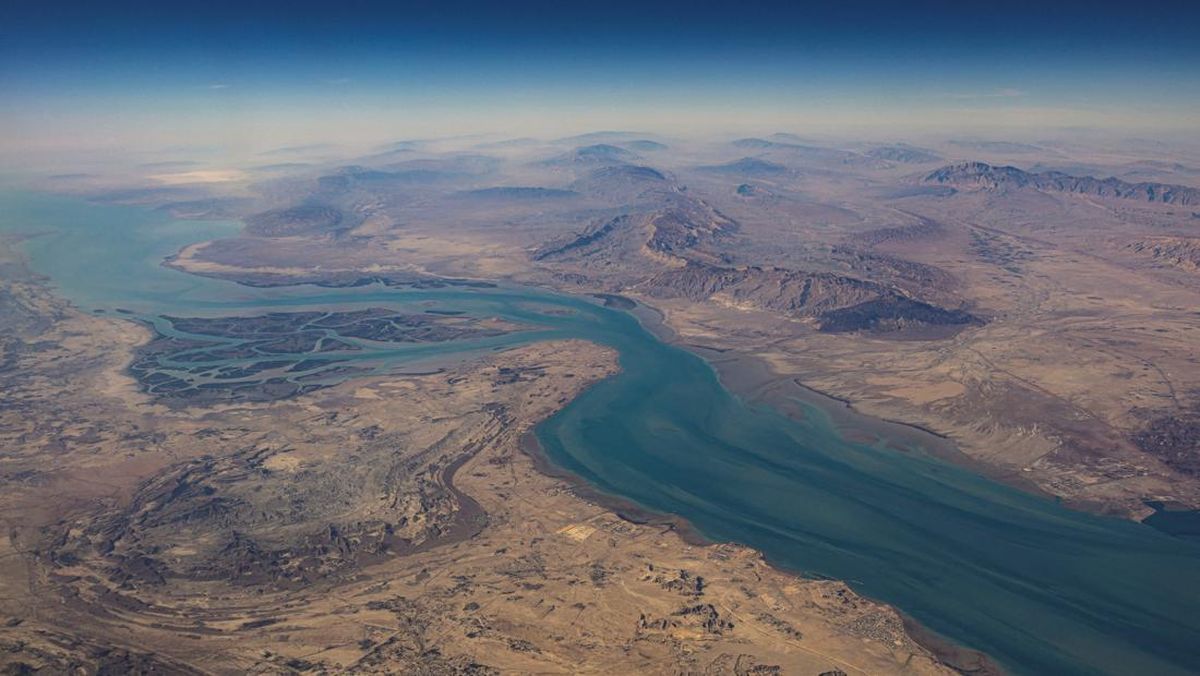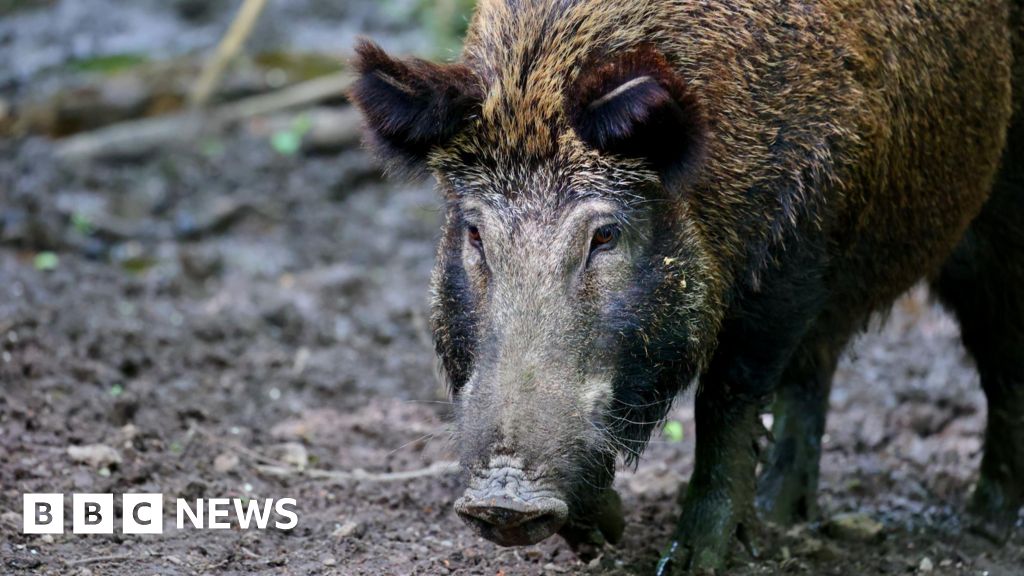Opinion
November 9, 2025 — 1.45pm
November 9, 2025 — 1.45pm
Andrew Hastie likes to quote Edmund Burke. In speeches and opinion columns over the years, the former SAS soldier has burnished his credentials as a conservative intellectual with frequent references to the great parliamentary orator of the late 18th century commonly called the father of conservatism. (That reputation largely rests on Burke’s brilliant critique of the French Revolution in his 1790 tract Reflections on the Revolution in France; it overlooks the fact that he was a leading parliamentary supporter of the American revolutionaries and sat not as a Tory but a Whig.)

A backbencher with ambition: Andrew Hastie in parliament last week.Credit: Alex Ellinghausen
The warrior-scholar is an attractive public persona, which has served some of the greatest political leaders well. Both Winston Churchill and John F. Kennedy got their start in politics through celebrity earned by wartime heroism: Churchill as an escapee from a Boer prison camp, Kennedy as a PT boat commander in the Solomon Islands. Both subsequently acquired gravitas as writers. Churchill’s many volumes of popular history earned him the Nobel Prize for Literature (not, as is often thought, Peace); Kennedy, as a rising young senator, won the Pulitzer Prize for his book Profiles in Courage.
There have been distinguished ex-servicemen on both sides of Australian politics, including Anthony Albanese’s mentor Tom Uren, and a few important writers, such as Paul Hasluck – a serious historian and poet. But the warrior-as-scholar is not a political type familiar among Australian politicians. If there is anyone in recent politics who comes remotely close, it is Hastie.
Since his departure from the opposition frontbench, Hastie has sought to mark out a political space on the Liberal Party’s right. As he seeks to build his reputation as a conservative thinker, he needs to be careful of the company he keeps.
His recent intervention in the immigration debate – that Australians were becoming “strangers in our own country” – used the very same language as Enoch Powell’s infamous “Rivers of Blood” speech in 1968.
Loading
Hastie’s latest substantial contribution is a speech in Perth on October 24, in which he appeared to subscribe to the view that postwar liberalism is dead:
“[T]he world has changed, and our political vision must change with it … We can no longer dine out on the post-Cold War peace dividend, where Francis Fukuyama famously declared the end of history and total victory for liberalism.”
He went on to claim that “the economic and political ruptures of the past two decades” had proven the “folly of that ideology … but our party has unthinkingly hung on to most of the same beliefs and policies … The Liberal Party must not take refuge in our established ideas.”
The speech goes on to critique free market economics, lamenting the influence of Milton Friedman and Friedrich Hayek, and argues for a more interventionist dirigiste view of the role of government, which John Howard subsequently described as “madness”.
While Hastie’s remarks on immigration may or may not have been a deliberate nod to Enoch Powell, it is hardly likely he intended to channel Vladimir Putin. Yet his view that postwar liberalism is dead is eerily similar to observations Putin made in a rare interview with a Western newspaper, The Financial Times, in June 2019: “The liberal idea has become obsolete. It has come into conflict with the overwhelming majority of the population …” said Putin. “[T]he so-called liberal idea … has outlived its purpose.” Putin referenced multiculturalism as among the reasons Western liberalism had failed.
Loading
Hastie’s speech also comes to the defence of right-wing populism. He appears to be enamoured by the cult of Donald Trump.
As Trump dominates both American politics and the world stage, his admirers on the right of politics in Australia sigh for a leader just like him. But Liberals make a grave error if they see the party’s future in the embrace of a kind of antipodean variant of Trumpism. As the federal election showed, in this country, Trump is electoral poison.
Hastie, undoubtedly an asset to the party that he aspires one day to lead, makes a serious mistake if he disrespects its values in a foolish embrace of figures such as Trump and Nigel Farage and a style of politics alien to Australia. You cannot become the leader of the Liberal Party if you make yourself an acolyte of enemies of liberalism.
Paul Kelly, eminence grise of Australian journalism, wrote recently of the populist right: “This group loses virtually every battle of ideas it fights … It is obsessed about its own obsessions, weak on Australian history, out of touch with how Australia has changed, incompetent in policy formation, brilliant at alienating sector after sector in the community, inept in understanding cultural power, disastrously bedazzled by Trump’s success … [I]t will consign the Liberal Party to permanent opposition, if not worse.”
Loading
Such people make a lot of noise – in particular through outlets such as Sky After Dark – but they represent a tiny slice of opinion on the very margins.
Before he ruins his chances by jumping onto their bandwagon, Hastie might care to reflect on another wise observation of Edmund Burke’s. Writing about the populist agitators he so despised, Burke said:
“Because half a dozen grasshoppers under a fern make the field ring with their importunate chink, whilst thousands of great cattle, reposed beneath the shadow of the British oak, chew the cud and are silent, pray do not imagine that those who make the noise are the only inhabitants of the field; that they are many in number; or that they are other than the little shrivelled, meagre, hopping, though loud and troublesome insects of the hour.”
Andrew Hastie should stick with Burke and stop channelling liberalism’s enemies.
George Brandis is a former high commissioner to the UK, and a former Liberal senator and federal attorney-general. He is now a professor at the ANU’s National Security College.
The Opinion newsletter is a weekly wrap of views that will challenge, champion and inform your own. Sign up here.
Most Viewed in Politics
Loading


